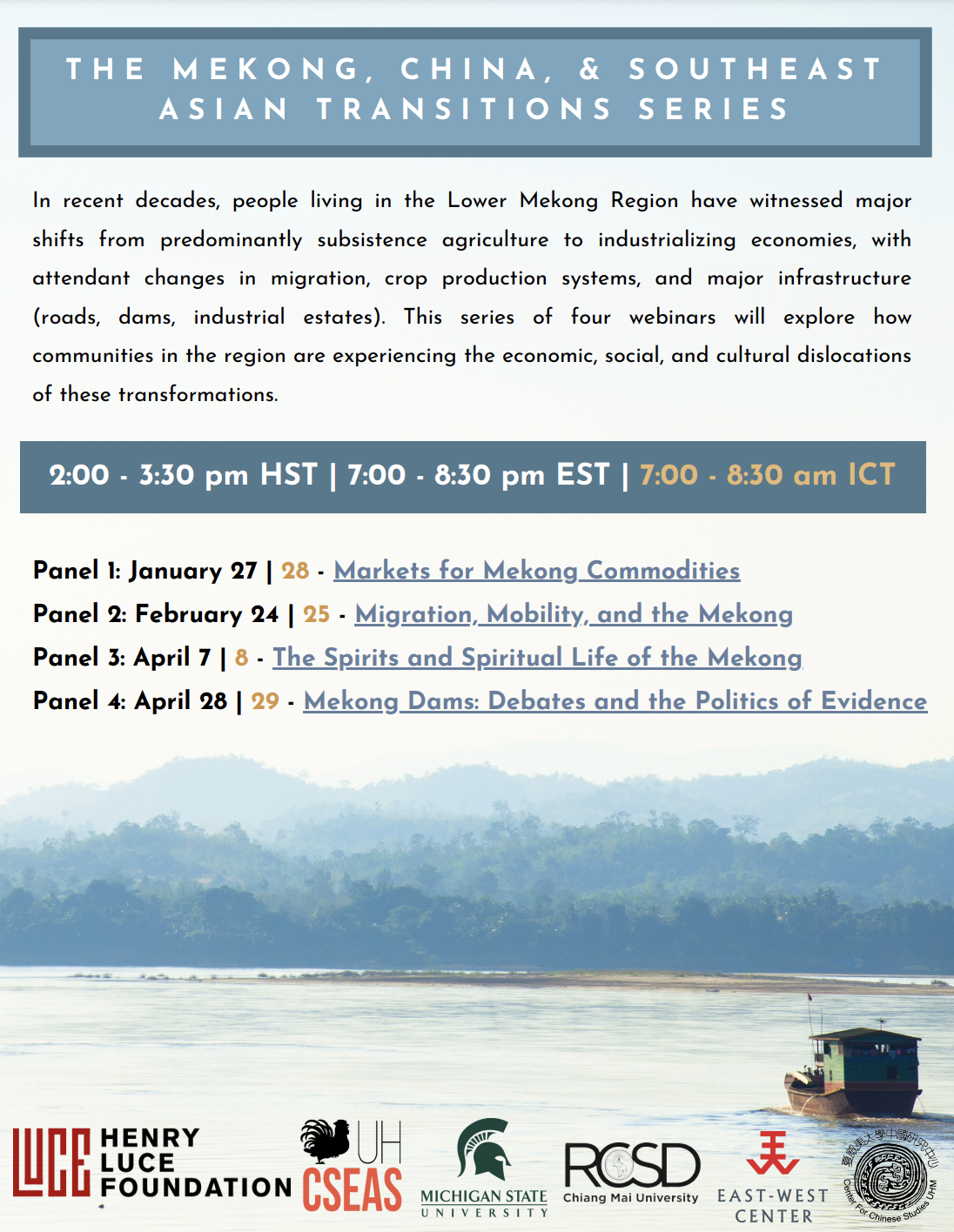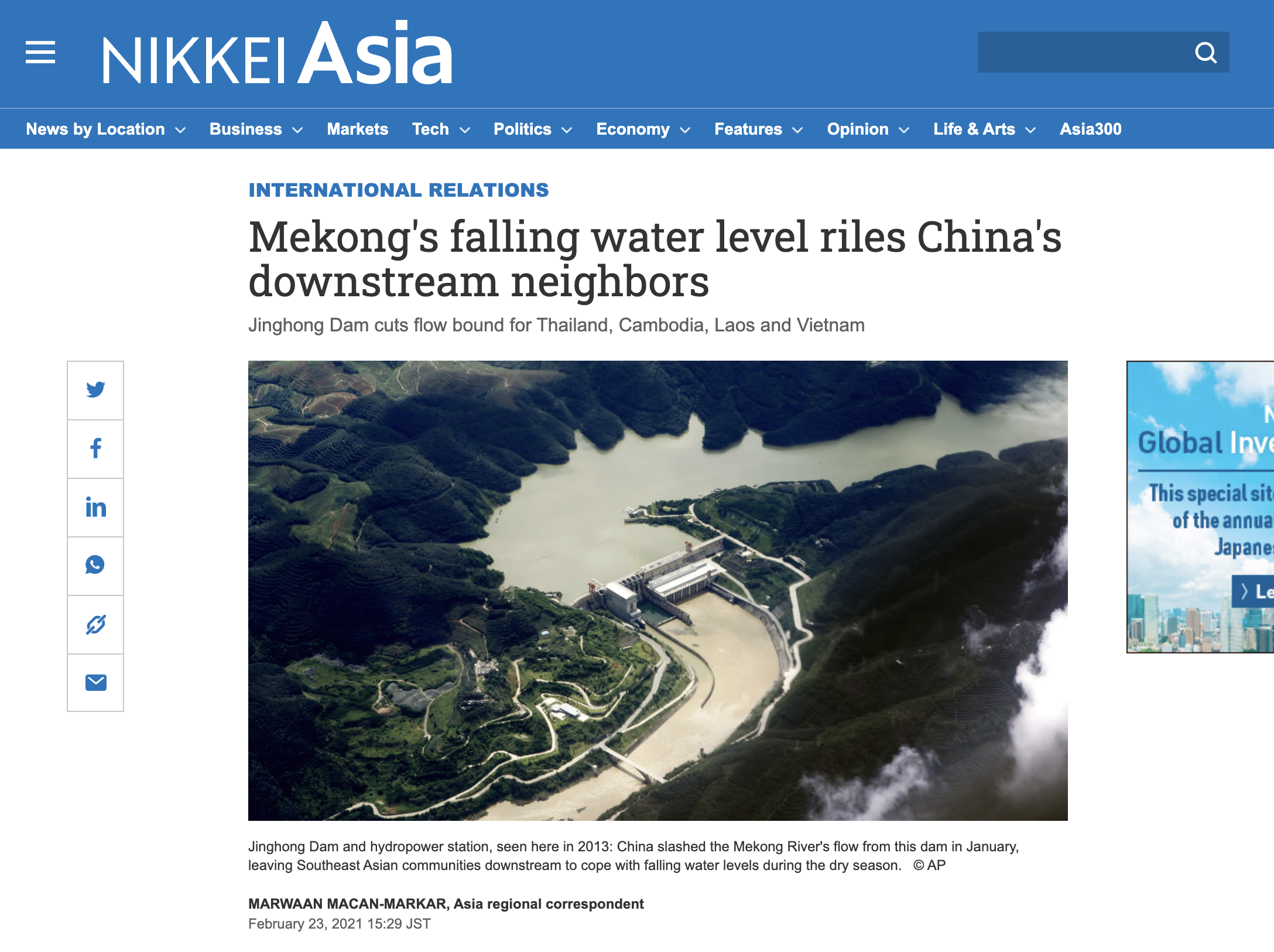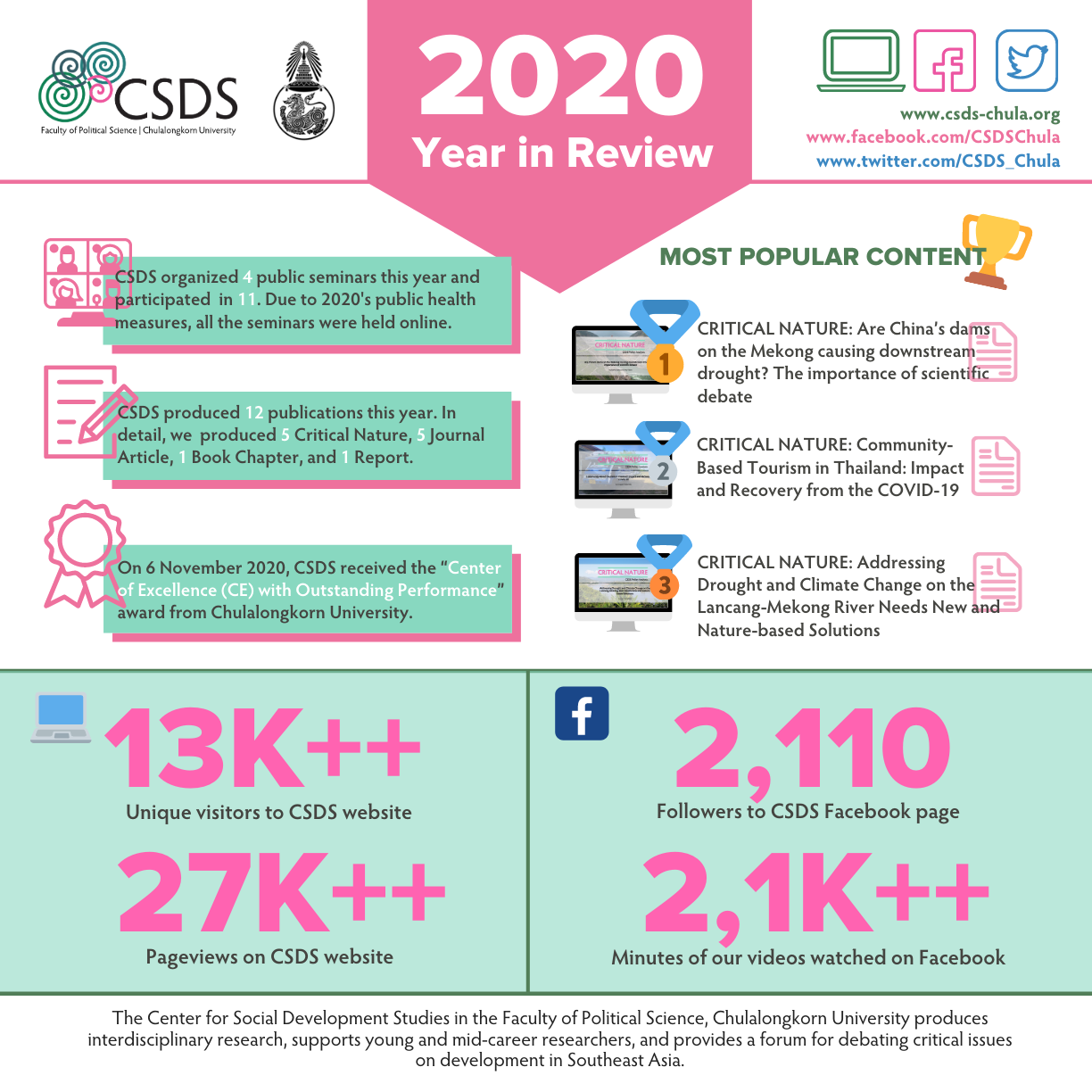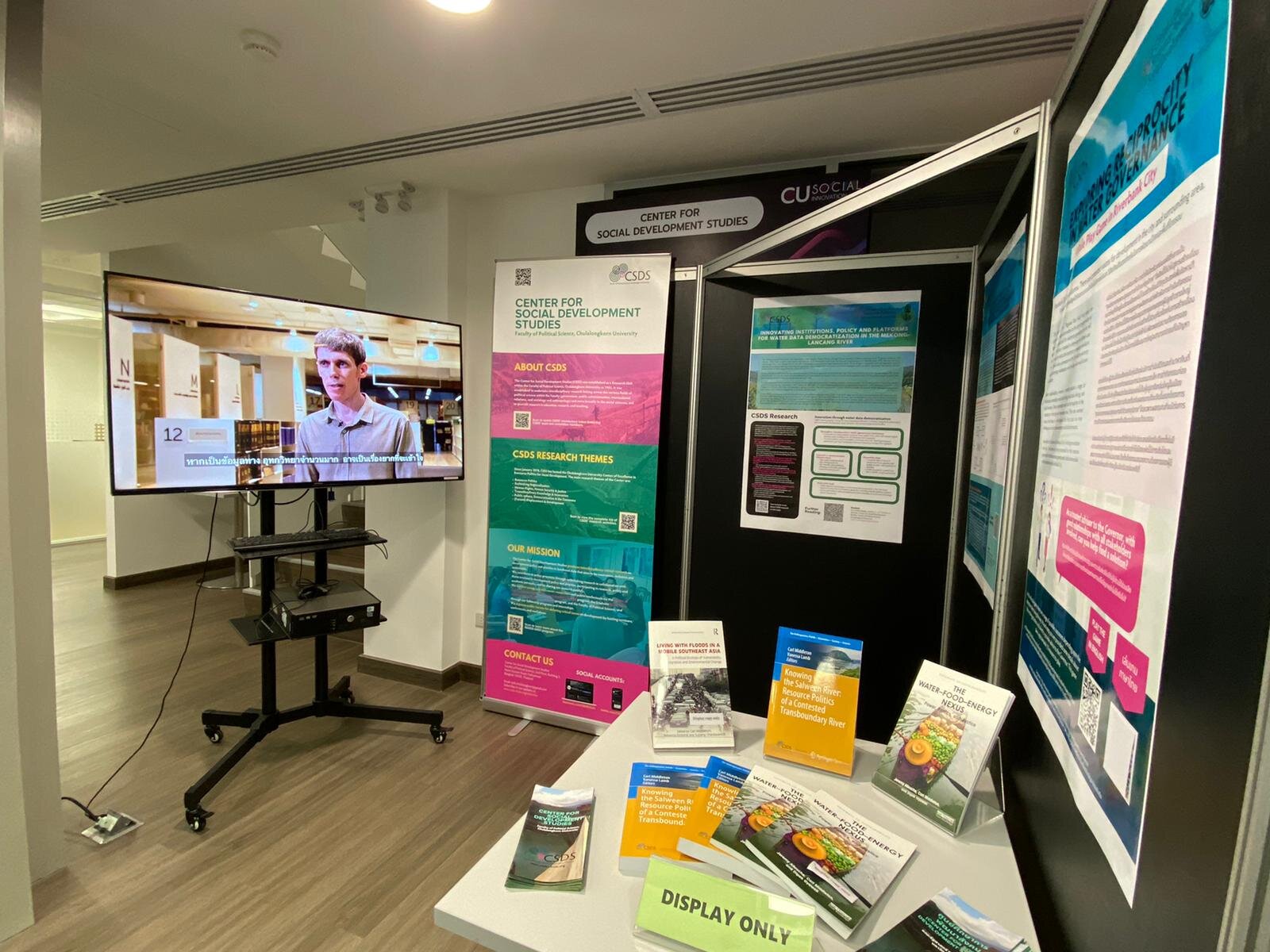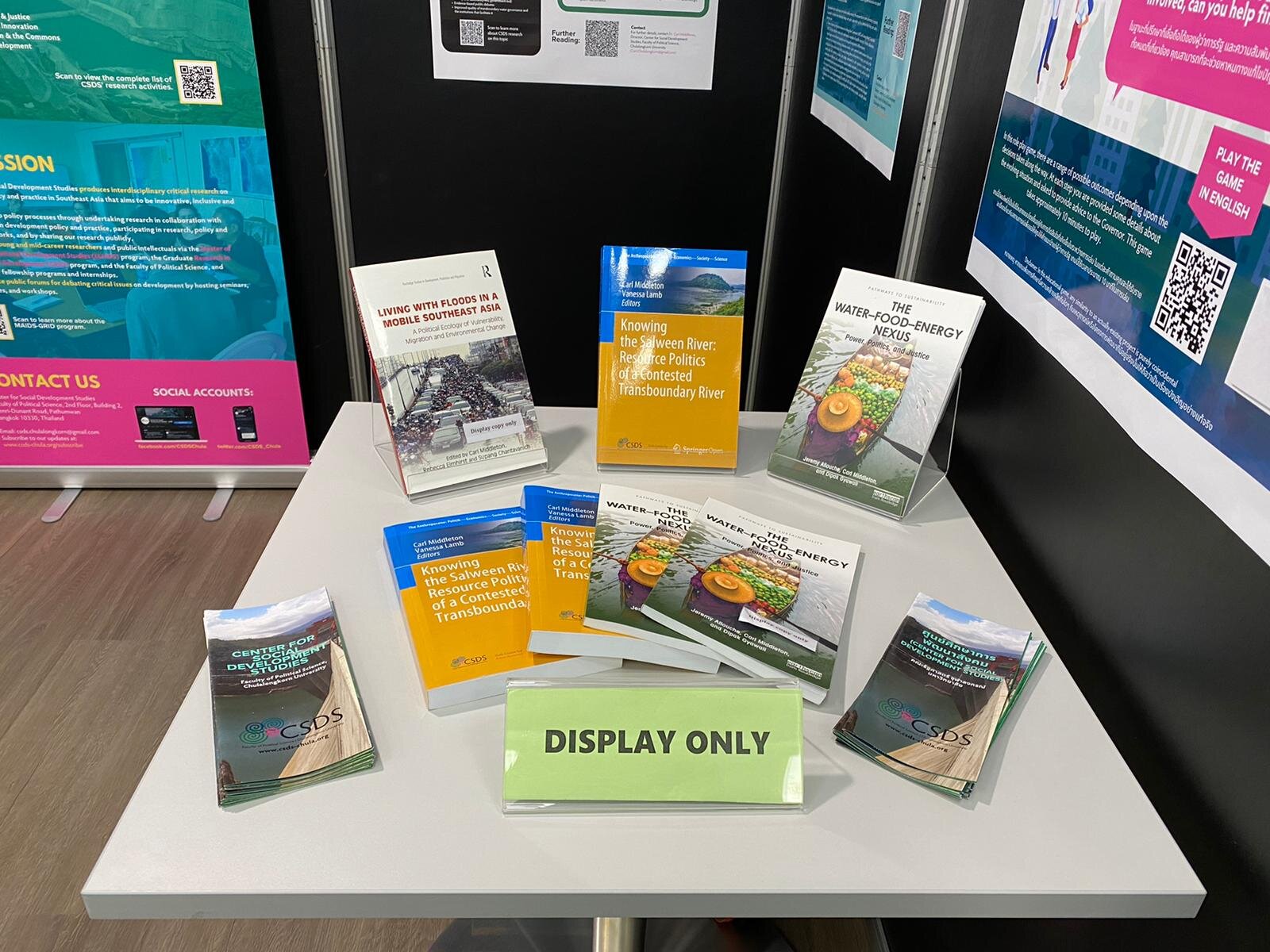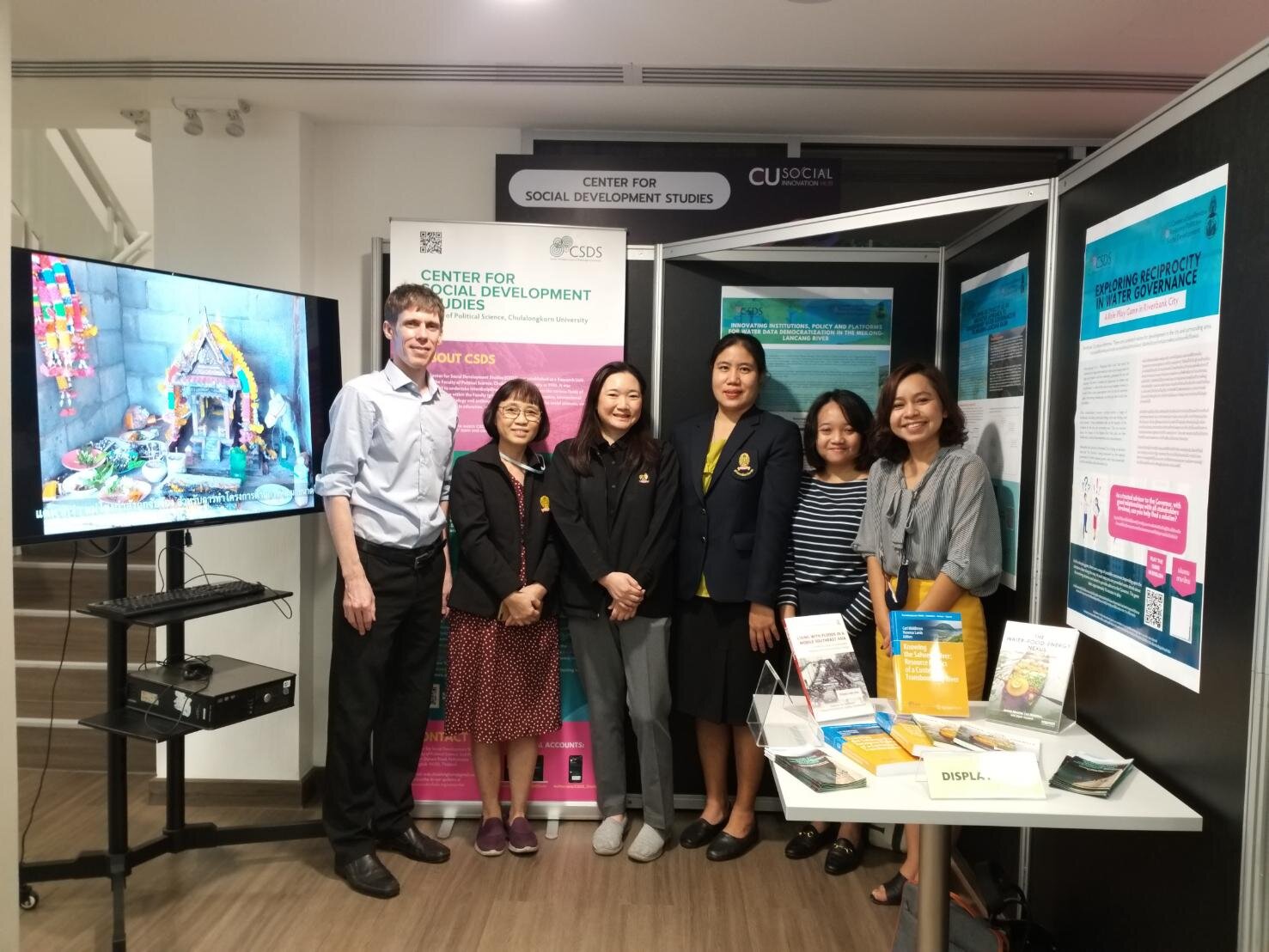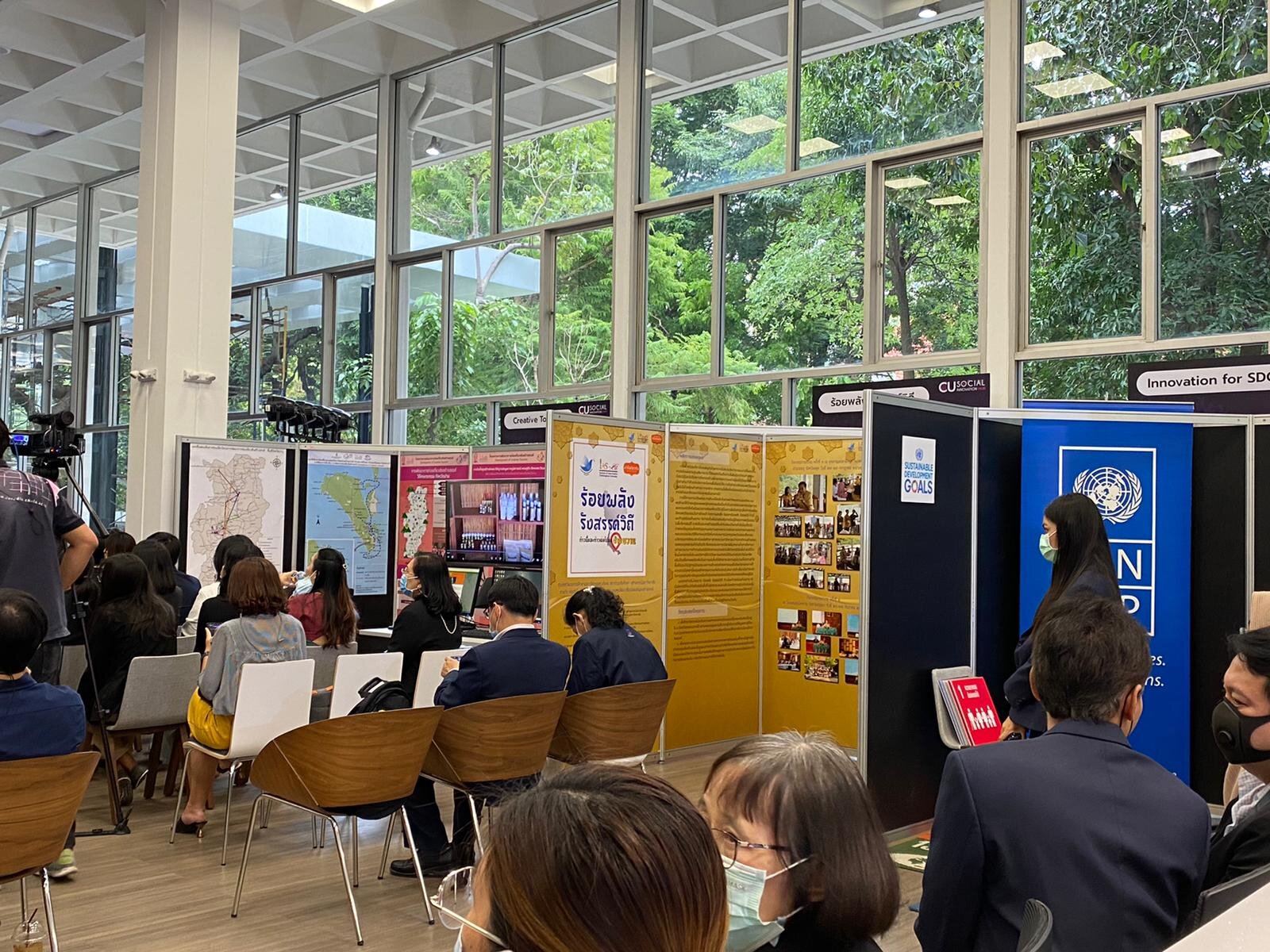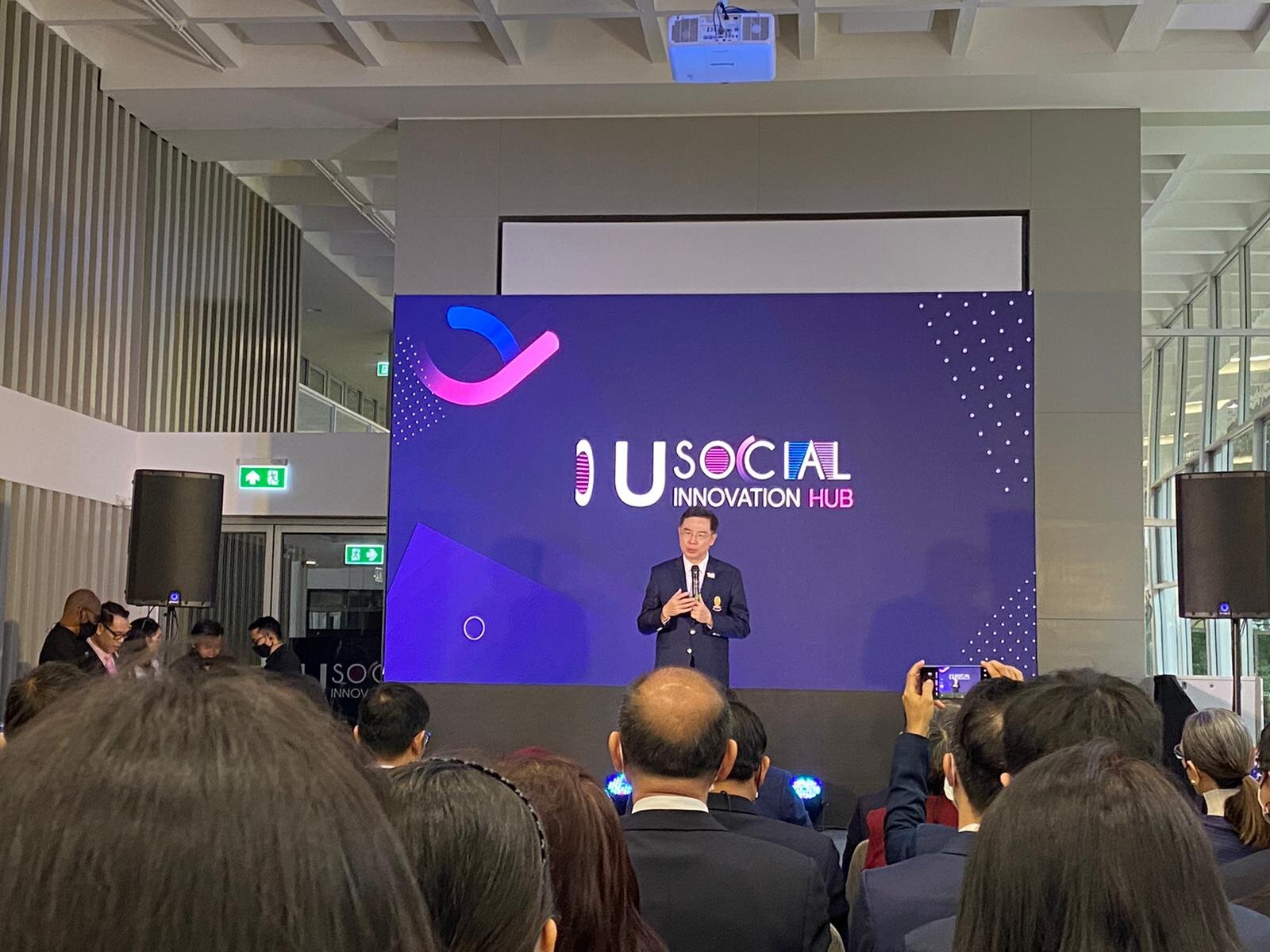12:30-14:00 Myanmar / 13:00-14:30 Thailand on 5 March, 2021, Online and at Chiang Mai University, Thailand
Carl Middleton (CSDS) and Vanessa Lamb (University of Melbourne) will convene a roundtable session titled: “Knowing the Salween River: Reflections on activism, resource politics and peace” for the 3rd International Conference on Burma/Myanmar Studies. The session will be held on 12:30-14:00 Myanmar / 13:00-14:30 Thailand on 5 March, 2021.
The Salween River basin, shared by Myanmar/Burma, Thailand and China, is dynamic system and a site of long-standing contests over territories, resources, and governance. More recently, it is also increasingly recognised as a site for peace and collaborative water governance. This panel will provide inter-disciplinary perspectives by civil society and academic researchers on the unfolding dynamics on the Salween River in and from Myanmar and in a regional context. We will discuss the politics, activism, and policies linked to intensifying resource extraction, hydropower dam construction as well as conservation and development schemes, and how this is unfolding within a complex terrain of local, national and transnational governance and activist networks. Panellists were all contributors and researchers linked to the 2019 collaborative book, “Knowing the Salween River: Resource Politics of a Contested Transboundary River”, which was also the first book dedicated to understanding this complex river system.
Panelists
Speakers:
April Kyu Kyu, Researcher, SaNaR (Save the Natural Resource)
Saw John Bright
Pianporn Deetes, Thailand and Myanmar Campaigns Director, International River
Alec Scott, Independent Researcher
Discussant:
Professor Saw Win, Senior Research Associate, Center for Social Development Studies, Faculty of Political Science, Chulalongkorn University
Co-Chairs:
Vanessa Lamb, Senior Lecturer, School of Geography, University of Melbourne
Carl Middleton, Director, Center for Social Development Studies, Faculty of Political Science, Chulalongkorn University
The conference will be hybrid: 80% online and 20% onsite. As most sessions will be organized online, the registration fee is waived for all conference participants. All participants, please register here to participate in the conference.
For more information about this conference, please visit the organizer’s website here.
The International Conference on Burma/Myanmar Studies was first organized in July 2015 at Chiang Mai University in collaboration with the University of Mandalay. ICBMS was attended by 543 participants from 29 countries, with 48 sessions of paper presentation and 7 roundtables. The conference brought together scholars, researchers, journalists, NGO workers and observers from Burma/Myanmar, as well as from around the world to engage in discussion on Myanmar’s transition.
ICBMS is organized every two years, with Chiang Mai University and the University of Mandalay taking turns as conference host, and with the possibility of extending collaboration with other universities in both Myanmar and Thailand.
ICBMS3 will happen onsite, in person, at Green Nimman CMU (Uniserv), in Chiang Mai, from 5-7 March 2021.








